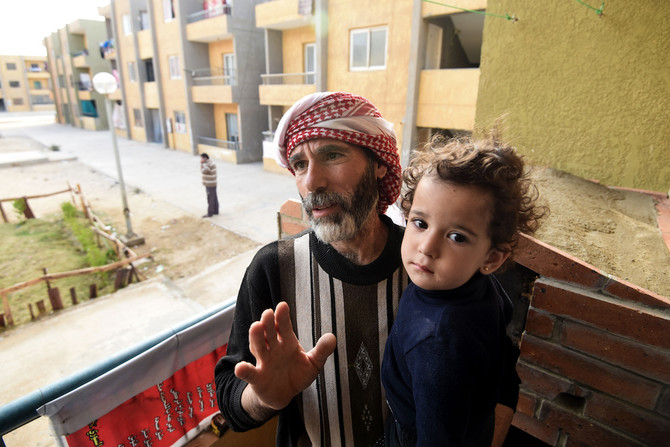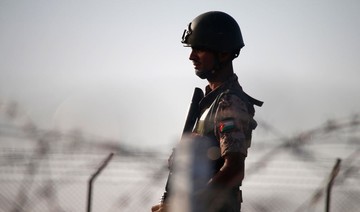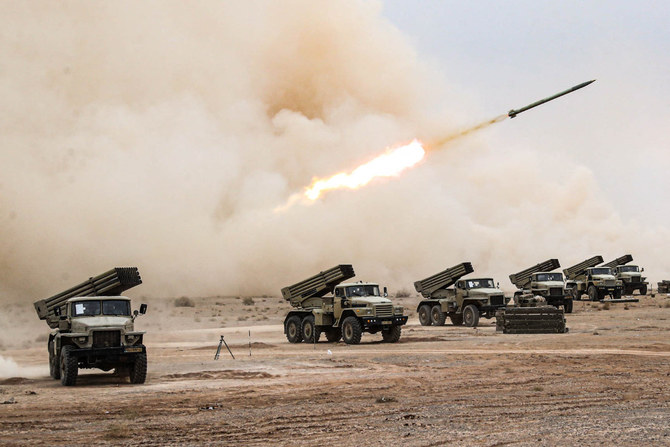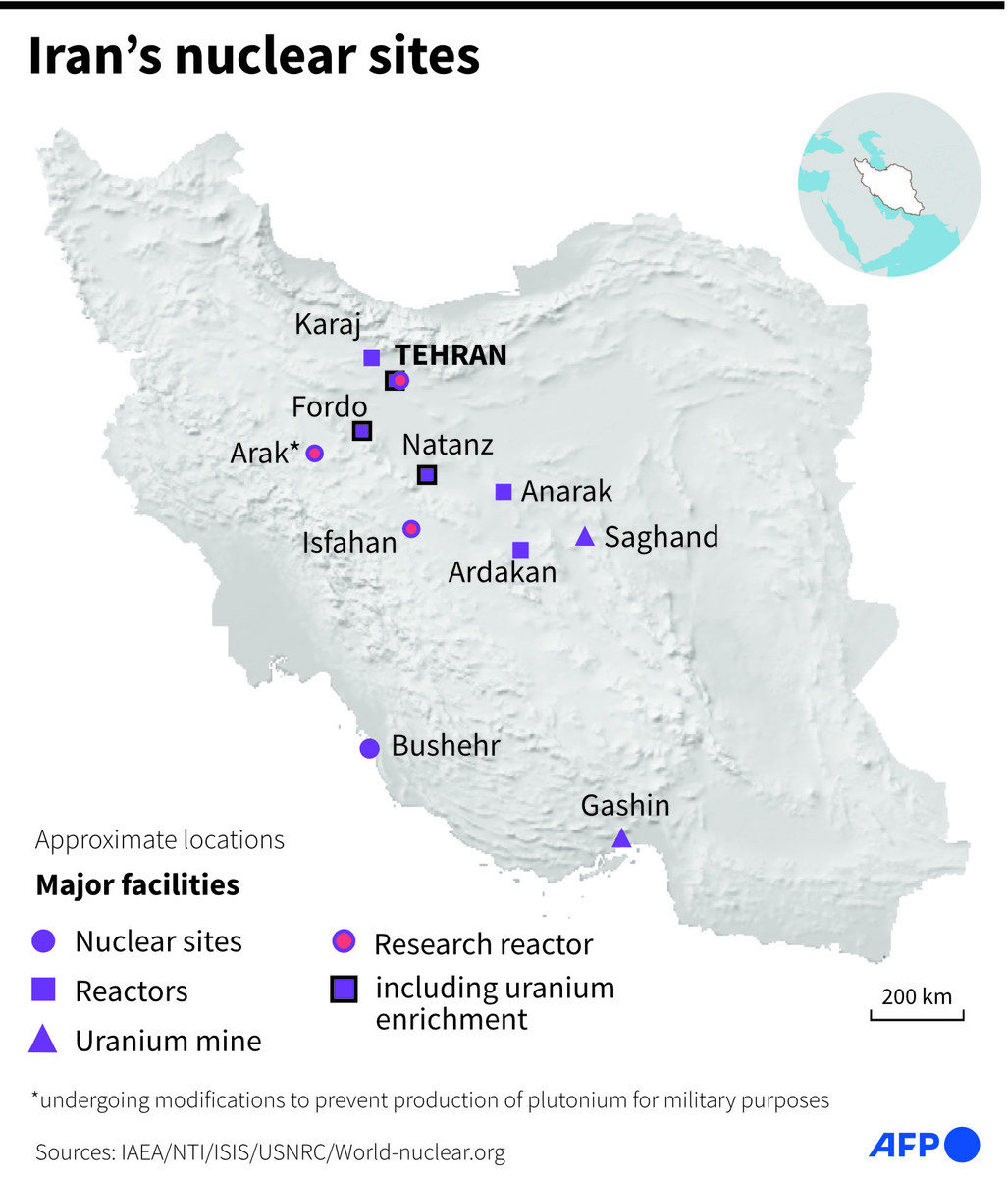CAIRO: Cairo’s recent rejection of a European proposal for Egypt to set up refugee processing camps has highlighted the country’s quiet role in housing people fleeing the region’s war zones.
The plight of hundreds of thousands of Syrians taking refuge in Lebanon, Turkey and Jordan has been well documented, as have the economic and social strains the crisis has brought to bear on those countries’ services and infrastructure.
Egypt, however, is also home to more than 228,000 registered refugees from 58 different countries, the majority of them from Syria.
Parliament speaker, Ali Abdel Aal, said last week that the EU’s proposal would “violate the laws and constitution of our country.”
The plan would have created “disembarkation platforms” in Morocco, Algeria, Tunisia, Niger, Libya and Egypt, considered to be the main transit countries in North Africa.

Source: UNHCR
The camps would be used as processing centers for the resettlement of refugees fleeing Sub-Saharan Africa and the Middle East.
An EU Council meeting last month concluded that the disembarkation platforms could prevent the loss of life by eliminating any incentive to embark on the dangerous journey and putting an end to the smuggling of refugees into Europe.
During a recent trip to Germany, Abdel Aal told Welt am Sonntag newspaper that Egyptian law does not allow for the establishment of refugee camps and that legally registered refugees should be free to choose where to live.
He said that already Egypt had hosted 10 million refugees “from Syria, Iraq, Yemen, Palestine, Sudan, Somalia and other countries.”
Historically Egypt has had a strong stance on refugee camps, favoring instead to integrate refugees rather than forcefully isolate them. The Egyptian government made a similar rejection last December, after a meeting between Foreign Minister Sameh Shoukry and Dimitris Avramopoulos, the European commissioner for migration, home affairs and citizenship.
According to the UNHCR, the UN Refugee Agency, “the model that Egypt represents with regards to social inclusiveness has proved to be successful and fosters the co-existence and social cohesion between Egyptians and refugees,” with refugees living among Egyptian communities in major cities across the country.
All registered refugees in Egypt have access to the country’s public health care system, while those coming from Syria and Sudan also have access to public education.
Refugees also receive support from organizations such as UNHCR in the form of monthly cash grants, education grants, medical care and community-based social programs.
But despite efforts to support refugee communities in Egypt, they still face difficult socio-economic conditions and widespread discrimination.
“Egyptian public schools are already overwhelmed with a large number of students, which makes it more unlikely for Syrian children to get admitted, and even if they are, there is usually some kind of ill-treatment,” said a caseworker at Caritas Egypt, a local humanitarian NGO known for its work with refugees. “But, of course, there are schools that don’t discriminate and take in Syrian students regularly.”
Obtaining work permits and residency papers is another major obstacle that refugees face.
“Syrians have it slightly easier than Africans,” said the caseworker. “But they all suffer from the same issues as we do when it comes to bureaucratic procedures.”
According to the UNHCR, tough visa requirements, short-term residency permits and lengthy renewal procedures make the process of living and working in the country difficult.
Saida, a 37-year old woman from Syria, sits on the side of the road in one of Egypt’s wealthier neighborhoods selling plates of baked goods, a Syrian specialty. She said that it takes so much time to obtain the correct papers that she, along with many others, have chosen instead to work illegally.
“A few of the men and women in my family have been able to get a work permit, but it took them several tries and this is time and money we cannot afford to lose,” Saida said. “I have a family to feed, I cannot spend my days trying to get the right papers.”
In addition to already existing obstacles, the Egyptian parliament recently approved a draft law to increase the fees for obtaining citizenship from 50 Egyptian pounds to 10,000 Egyptian pounds (from $3 to $560), making it unaffordable for many.
Yehia Kedwani, deputy of the national defense and security committee of Egypt’s parliament, told the online newspaper Egypt Independent that this was not intended to impose any kind of restrictions, but was “meant to increase the financial resources of the country.”
Egypt’s high inflation rates have further added to refugees’ struggle. A 2016 UNHCR vulnerability assessment report, describes the tougher challenges faced by Syrian refugees since the onset of the war in Syria, with significantly higher household expenses and few options for securing a steady income.
Many Egyptians, also struggling to make ends meet, feel that Egypt’s large refugee population is simply adding to its problems.
Ahmed, a 53-year-old shop owner in Cairo, said: “They get so much money from the government when we have no money to give. How can we take care of so many people if the government can’t even take care of us?”
However, a recent United Nations Development Program report concluded: “Syrian businesses have contributed significantly to Egypt’s economy and employment for both Egyptians and Syrians,” contributing an estimated $800 million to the local economy.























